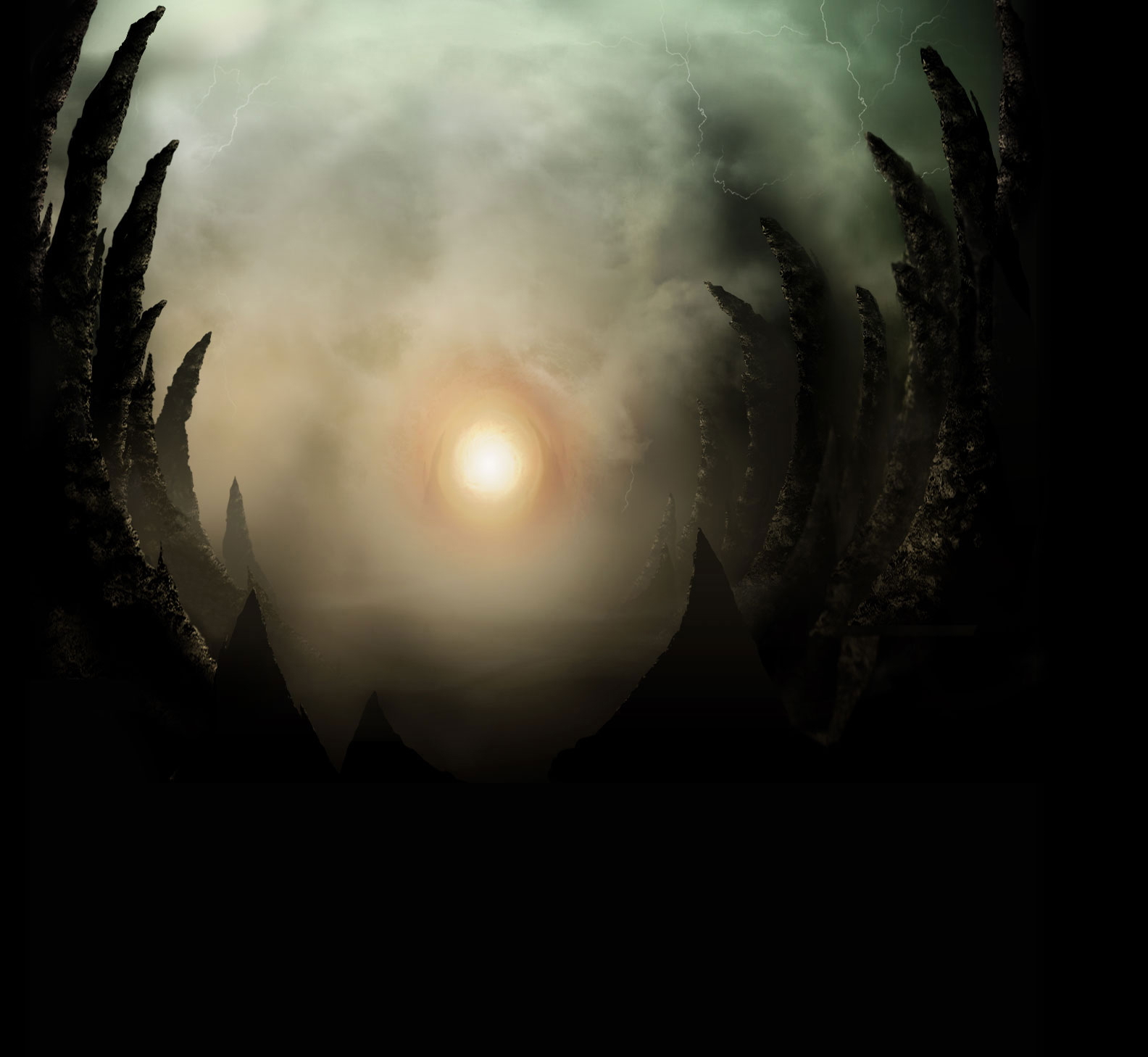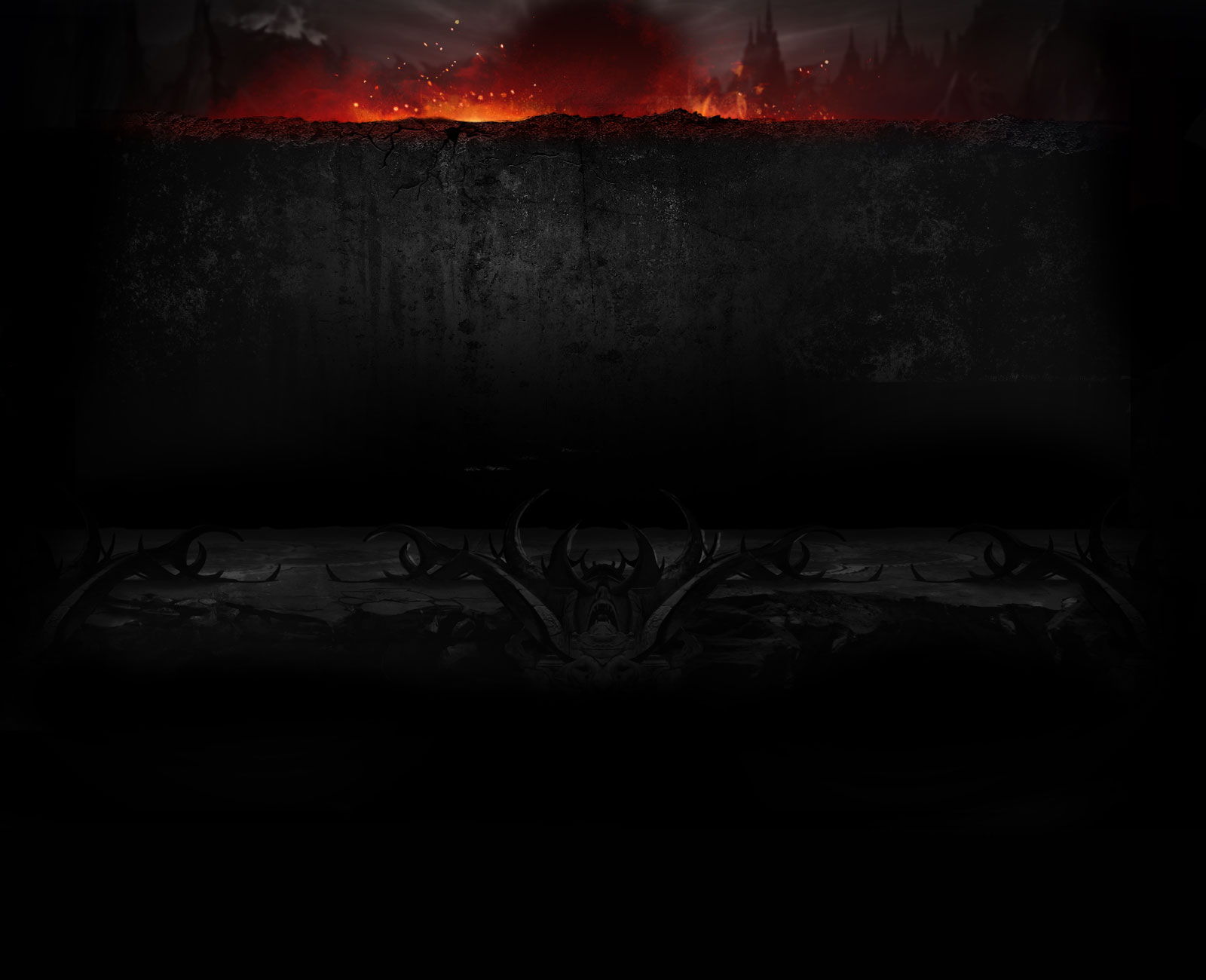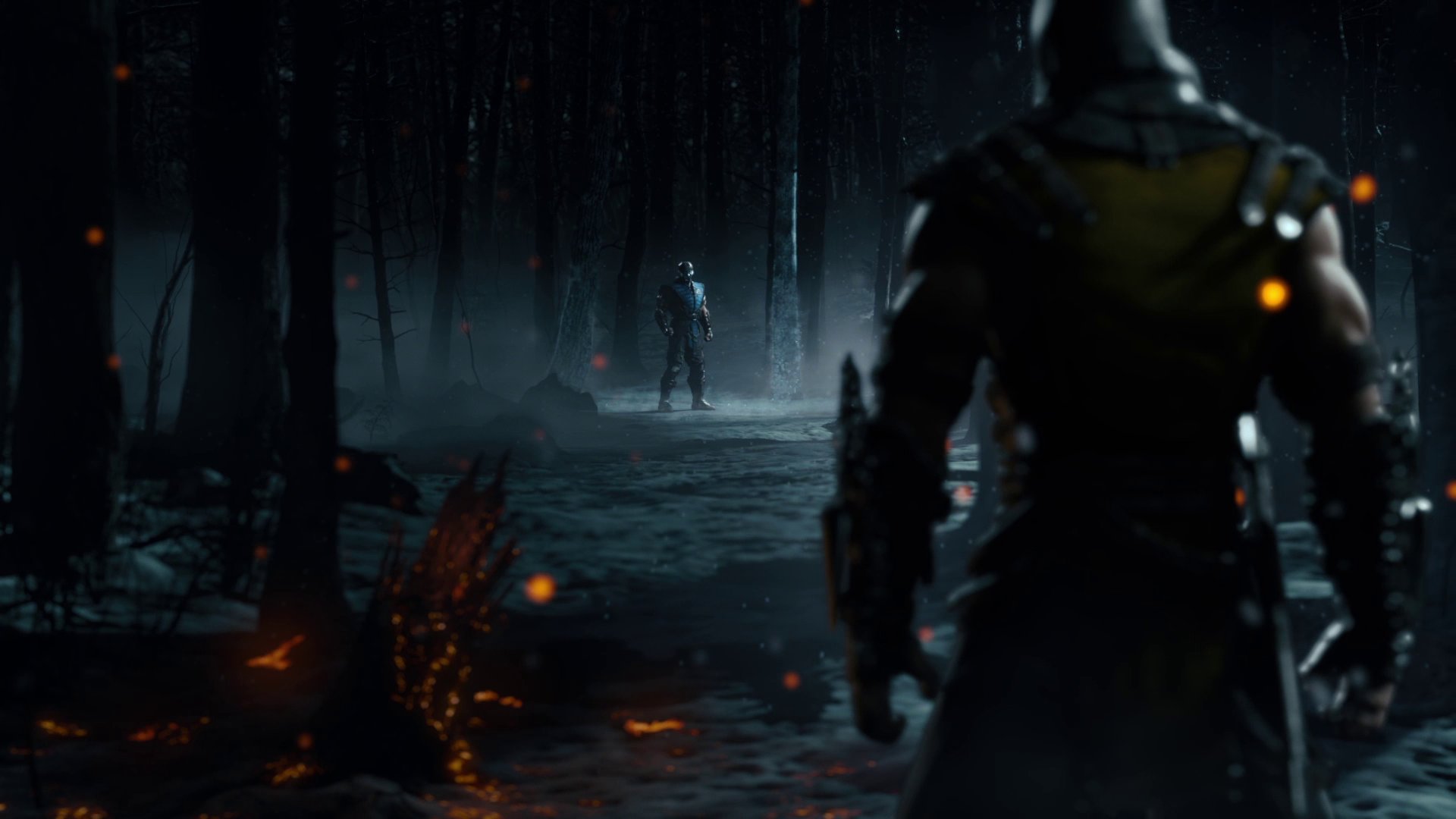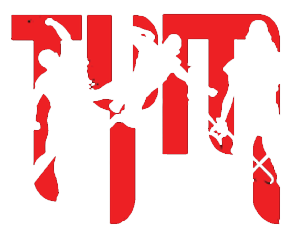Superhero games: Why they don't make 'em like they used to...
Marvel Games' Jay Ong details a changing approach, from exclusivity to long-term contracts to games-as-a-service
Marvel Games had a big E3 last week. The Insomniac-developed Spider-Man game headlined Sony's pre-show media briefing, Capcom put its marketing muscle behind Marvel vs. Capcom Infinite in a big way, and Lego Marvel Super Heroes 2 was all over not just the Warner Bros. Interactive Entertainment booth, but
the Los Angeles Convention Center itself.
And while those games were the focus at E3, they are by no means the only Marvel titles in the works. Square Enix has an Avengers project in development, Telltale Games is in the midst of its episodic Guardians of the Galaxy series, and then there are free-to-play and mobile offerings like Marvel Future Fight, Marvel Heroes Omega, Marvel Puzzle Quest, Marvel Contest of Champions, and so on.
That's a lot of different projects with a lot of licensing partners, and Marvel Games' Jay Ong spoke with
GamesIndustry.biz at E3 last week to talk about how the comic giant handles its gaming adaptations, and how the qualities it looks for in a partner have changed over the years.
Single-franchise games like Spider-Man are fewer and further between now.
"It's not just a creative alignment, but ambition is a huge part of it," Ong said. "Unless you want to hit home runs, we're not interested in partnering with you. So we have to share the creative vision and then also, are you hungry? Are you willing to invest the talent, time, and resources to create a huge game like Spider-Man, Marvel vs. Capcom Infinite, or The Avengers? Those are all going to be huge games with long development cycles and top-tier talent, all that."
It's an approach the company has been moving towards for several years now, and it's one Ong says is self-perpetuating in a way.
"To some extent, it's almost that every big title people see or we announce partnerships on leads to more interesting things," he said. "It basically legitimizes that we're great to collaborate with. And most importantly, there's the output. Look at Spider-Man--it speaks for itself. So absolutely the strategy was sound and it's been proved. You could see it on the [E3] floor. Marvel vs. Capcom is amazing, and Spider-Man's going to be quite a phenomenon next year."
Spider-Man in particular represents a noticeable shift for Marvel Games. Under its old way of handling licenses, Marvel
struck a deal with Activision that gave the publisher rights to games based on the character's movies and TV shows for 13 years. The deal was announced soon after the Spider-Man 2 movie was a critical and commercial hit and the accompanying Activision games were some of the best-reviewed titles ever to star the wall-crawler, and it still doesn't expire until 2018. While Ong said Activision has been a fantastic partner Marvel would like to work with again, it probably wouldn't be handled in the same way.
"It's not so much about whether there's a legal commitment to do X, Y, and Z, but a desire to say, 'Well, this is so successful, let's do more things together.'"
"Certainly the way we think about our partnerships is not so much about creating a legal construct that stretches long term; it's about creating relationships that are long-term," Ong said. "So it's not so much about whether there's a legal commitment to do X, Y, and Z, but a desire to say, 'Well, this is so successful, let's do more things together.' At the end of the day, if a project is not successful, I don't think either party wants to stay in the partnership. That's just logical and makes sense."
That same approach says a lot about why Marvel no longer carves up exclusive rights to certain types of projects based on its IP, like
the ill-fated one it struck with Microsoft in 2005 giving the Xbox maker dibs on massively multiplayer online Marvel games.
"We rely less on contractual obligation because that's really a poor tool to determine behavior," Ong said. "It's about what's mutually beneficial. That's a huge part of our job, to act as a portfolio manager. How do we make sure that games are differentiated enough that partners aren't harmed by other games, and that consumers aren't confused? A couple generations ago there was a desire to do a lot of content. And now we've gone to less and less. It's been a conscious decision to go bigger and go fewer, to avoid oversaturation or consumer confusion. It should be an easy decision-making process for [fans]. There should be no confusion about which one's better. If there's one, it's going to be good. That's the promise behind all of it."
Another change in the company's licensing behavior has been a move toward games that feature the entire Marvel universe of characters rather than one specific character or franchise. There will certainly be exceptions to this (Spider-Man and The Avengers being just a couple), but Ong explained it's something Marvel has deliberately shifted its position on in response to what works in the market.
"When I think about our IP, I think about breadth versus depth," Ong said. "When you look at a single-character game, it's all about depth, really living the fantasy of being that particular character, Spider-Man or whoever else. The breadth part is about how you can experience lots of different experience, but with less depth. And what spurred that [shift] of looking at Marvel Universe and the whole collection of characters was mobile. With mobile, there are a lot of collection mechanics where people will want to play to collect more characters, and therefore you need breadth. You need a large character set, and if you stay within a particular family, then you're fairly limited in what you can do. But we're actually doing both."
"For quite some time now, we haven't seen a pitch where there's no ongoing content"
Even so, Ong acknowledged that Marvel has a couple key advantages as a result of the industry-wide shift to the mobile-style games-as-a-service model.
"The depth of our IP is incredible," Ong said. "We have thousands of characters, literally. When you have games as a service, it's feeding the hungry beast, right? You have to keep putting new content in there, and there's no lack of content there. Our first-tier characters are in the hundreds, and then there's more beyond there. There's no lack of content for a partner to delve into, and that's a great thing.
"The other thing is that not only do we historically have a large catalog, but there's new things happening all the time. If you look across the whole continuum of our business, we have movies and TV shows and publishing events with the comic books and so on. And that allows us to activate against those events. We'll have an event to celebrate Guardians of the Galaxy, for instance, around the release of the movie. It's not tied to the movie directly, but there's a really nice interest in Guardians IP and content so we work with all of our partners to release content in a coordinated fashion. And the move to live services is perfect for Marvel, and our partners are really happy we're able to both mine the huge catalog of characters and activate against renewed interest in different things."
Considering how games-as-a-service has taken hold of the industry, it's no surprise that Marvel's publishing partners would be thinking about projects focusing on that breadth more readily than depth. And while not every approach to games-as-a-service means giving players a treadmill of new characters to collect, that is a well-established way of fulfilling what has become an almost essential criteria in game development.
"For quite some time now, we haven't seen a pitch where there's no ongoing content," Ong said. "It's almost a given now across all platforms that there's going to be ongoing content. Consumers expect it, and it's a great way to retain and renew interest over time. We actually haven't seen a pitch in a very long time where there's no ongoing content. I guess it's changed slowly over time, but we're at the point where it's 100%. Nobody is even thinking about stand-alone content that is siloed."
But just as the games-as-a-service model means the developer's job is only getting started at launch, so too do licensors have to commit to projects. Ong said Marvel has built a team specifically to handle the ongoing obligations it has to its games-as-a-service titles.
"In terms of working with our partners creatively to figure out what the content plan is for any given year--we look at it a year or sometimes 18 months at a time--we look at what are the key beats, what are the beats our partners are interested in engaging in, whether it's a film release, TV, comic, or something like that," Ong said. "And largely that skillset and expertise we have was honed on the mobile side of things, and now we're translating that to the console side as well."
Marvel's partnership with Capcom has a tremendous amount of history, but is still adapting to current trends.
Marvel vs. Capcom Infinite is one such project that looks to apply the lessons of games-as-a-service to the console side. But it's a particularly unusual one as it gives Ong the chance to see things almost from the other side of the licensor-licensee equation. Just as Marvel has to worry about how Spider-Man or Captain America is portrayed in the game, so too will Capcom be protective about its own stable of characters like Street Fighter's Ryu or Mega Man. As one might expect, the two companies' priorities are not entirely aligned on every last issue.
"It is unique," Ong said of Marvel's relationship with Capcom. "What helps a bit is there's a lot of history there and a lot of mutual understanding of what this is, and that helps a lot. It helps resolve some of the potential disagreements that come up. I think if it was a new project with a brand new partner, that would be far more challenging. But yes, it's unusual to say the least."
One challenge might be in choosing which characters will go in the game. While the full roster for Marvel vs. Capcom Infinite has not been confirmed as yet, the series' fanbase has been vocal about the initial absence of staple characters from the X-Men and Fantastic Four universes. To hear fan forums tell it, Marvel is withholding Wolverine, Dr. Doom, and the like as part of a dispute over the movie rights to those franchises with 20th Century Fox.
"It's something I really can't comment on right now," Ong said. "We haven't officially released the roster. Let's just say we think our fans will be pleased with what's being announced. And what we talked about earlier with games-as-a-service, we certainly expect Marvel vs. Capcom to be that. There's going to be content released over time. We're not seeing this as a one-off that ships this fall; it's a service that goes on for years. Therefore, if you look at it, content and new characters are going to be dropped over time, and I think fans will be happy with what's going to be dropped, not just in September but going on from there."
In that sense, Marvel vs. Capcom Infinite encapsulates much of the new approach for Marvel Games. The series began as a one-off X-Men arcade game with a port for consoles, but has grown broader over time, first crossing over with Street Fighter and then broadening each brand into its respective owner's larger portfolio. By the time Marvel vs. Capcom 3 launched in 2011, Capcom had begun experimenting with downloadable content in the form of two characters and an assortment of costumes. These days, much as the new game's name implies, the possibilities for expansion of the roster, for fans to keep playing, and for both the developer and licensor to benefit, are Infinite.
source-
http://www.gamesindustry.biz/articles/2017-06-23-superhero-games-why-they-dont-make-em-like-they-used-to













